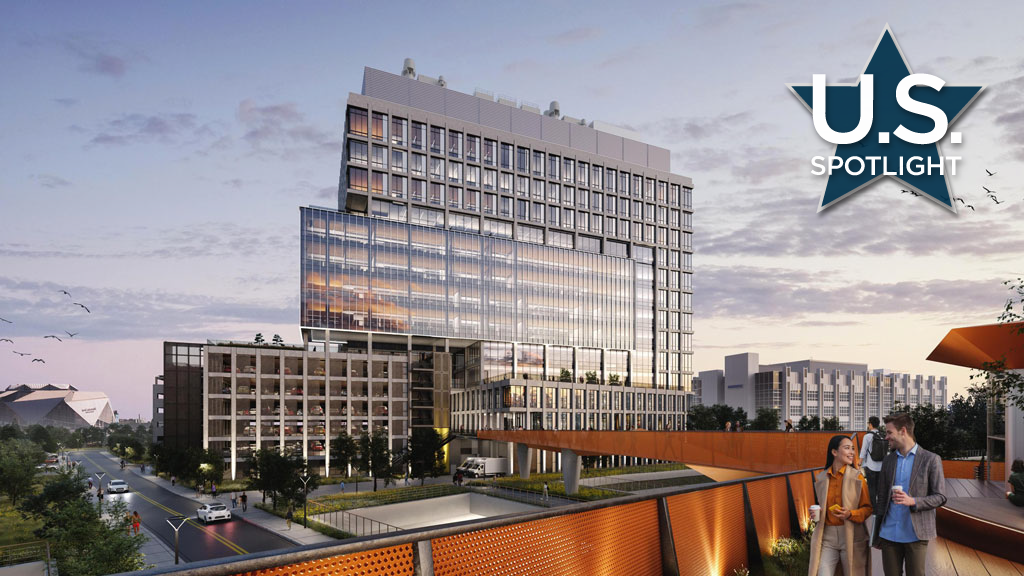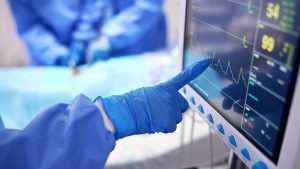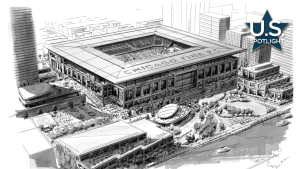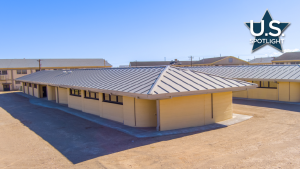A parcel of property along North Avenue NW in Atlanta, Ga., at the sprawling campus of the Georgia Institute of Technology, presently features a Vero-Biotech building, fenced-off grassy area and large parking lot. Soon, it will be transformed into an 18-acre, purpose-built Science Square, the first of its kind in Atlanta.
Formerly known as Technology Enterprise Park, the area is being renamed and reactivated as a life sciences destination and ecosystem. The institute is converting the property into a district dedicated to biomedical research and technology to attract more businesses and solidify the city as a centre for talent in the field.
“Historically, Atlanta hasn’t enjoyed the same success with start-ups in the life sciences as we have with other tech sectors,” explains Ángel Cabrera, president of Georgia Tech. “Sometimes, great ideas and companies that start in this city end up elsewhere because Atlanta hasn’t been able to provide the rich, dense biomedical innovation ecosystem that biotech entrepreneurs need to attract talent and develop their ideas into marketable solutions. The purpose of this new development is to reverse that dynamic.”
The land, south of North Avenue and east of Northside Drive NW, is near Georgia Tech’s North Avenue Research Area. The school has broken ground on the new park in partnership with Trammell Crow Company (TCC).
The development will be a mixed-use community featuring residential, commercial and lab space. It will be rolled out in phases and have walkable amenities in a pedestrian-friendly atmosphere with green spaces.
The first phase of the development will include TCC’s Science Square Labs, a 364,740-square-foot lab and office tower, along with a 280-unit residential building developed by TCC’s multi-family subsidiary, High Street Residential (HSR). The building, HSR’s first residential development in Atlanta, will include shared parking and ground-floor retail space.
The development is seen as a critical advancement toward solidifying Atlanta and Georgia Tech as a core resource and area for quality talent in the life sciences sector.
Prior experience with the former technology park will help guide investments that can foster growth and revitalize the district, according to the university.
As part of the project, TCC is providing a $500,000 community educational grant to support job training, education and outreach.
Chancellor Sonny Perdue says as a result of the school’s collaboration with private sector partners like TCC, it has been able to combine its vision and assets with the power of private capital to get the job done.











Recent Comments